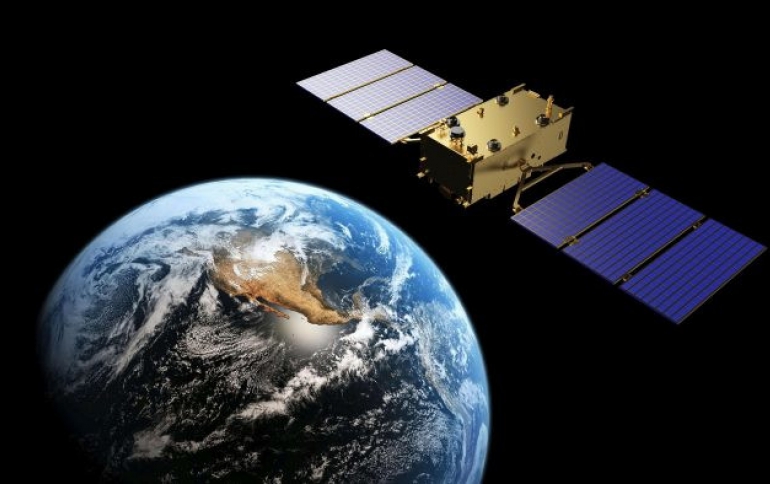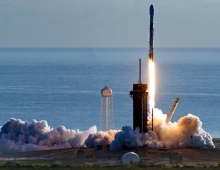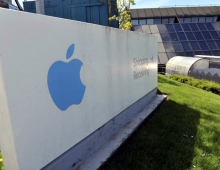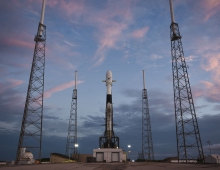
Chinese Geely Builds Presence in Satellite Industry with New Plant and Testing Centre
The Chinese owner of Volvo Cars will become the country’s first private company to build satellites as billionaire Li Shufu follows Elon Musk into space.
Li’s Zhejiang Geely Holding Group Co. has begun construction of an intelligent satellite production and testing centre in Taizhou City.
The new facility established under Geely Holding Group’s subsidiary, Geely Technology Group marks the first time a private enterprise has begun to produce satellites in China. The facility will include a modular satellite manufacturing centre, satellite testing centre, satellite R&D centre, and cloud computing centre. The facility will be able to develop and produce a variety of different satellite models. The company plans to begin the launch of commercial low-orbit satellites by the end of the year, the Hangzhou-based company said.
Chairman of Geely Holding Group, Li Shufu said: “The pace at which science and technology is developing has reached an unprecedented level, changing human society at its core. Today, the automotive industry faces huge challenges and equally huge opportunities. Geely must take the initiative to embrace change, develop through innovation, find new synergies online and offline, and cooperate with global partners to become a global technology leader, drive change in mobility, and create new value for users.”
Geely’s entry into the field of satellites is part of its transformation into a global mobility technology group. The satellite strategy will be implemented by Geespace, the Geely operating company established in 2018 for the development, launch, and operation of low-orbit satellites. By the end of 2020, Geespace will begin the launch of its commercial low-orbit satellite network.

Geely’s expansion into low-orbit satellites marks a significant milestone in the creation of a smart three-dimensional mobility ecosystem. Low-orbit satellites will be able to offer high speed internet connectivity, highly precise navigation, and cloud computing capabilities.
The development of L4 and L5 autonomous drive requires the deployment of an advanced navigation ecosystem to help ensure safe operation. Current navigation systems are dependent on high-orbit satellite GPS, which are limited to only being accurate within several meters. The Geespace low-orbit satellite network will offer much higher centimetre accurate precision, opening the door to features such as lane change and accident avoidance via precise GPS location data usable by vehicles on roads or in the air.
Geespace low-orbit satellites are designed to have a limited lifespan ranging between one to ten years and to naturally disintegrate into earth’s atmosphere at the end of their lifecycle.
Li Zhejiang has been extending his empire beyond cars by diving into new areas. Geely has invested in the VoloCity air taxi to launch it commercially within the next three years, and the company agreed in 2018 with state-owned China Aerospace Science and Industry Corp. to build supersonic trains using homegrown technology.





















